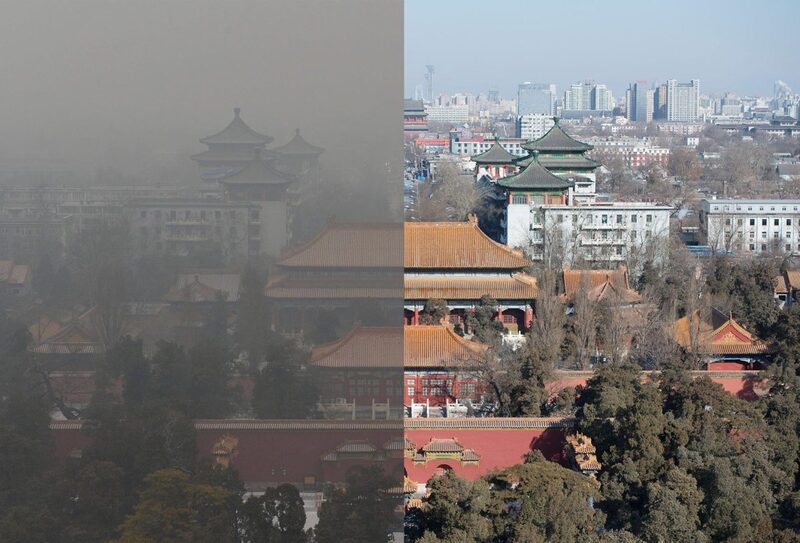
Andersen: 2024 is on track to be warmest on record..Financing must up at least 3.5 times
2024 is on track to surpass 2023 as the warmest on record and climate change ...

In January 2022, Beijing’s environmental protection bureau made international news when it announced that the city, home to 21 million people, has met its national air quality standards for the first time.
The city’s environmental protection bureau credited the building of wind and solar farms, the planting of vast numbers of trees, as well as a switch to natural gas for heating in the winter for the cleaner air residents of the city have been enjoying of late.
In September 2021, a United Nations Environment Program (UNEP) report assessed progress in 194 countries and the European Union in tackling air pollution through legislation. The report found that there is no common legal framework for ambient air quality standards globally.
Using the Air Quality Guidelines developed by the World Health Organization (WHO) as a starting point, the report examined the legal measures for determining whether air quality standards are being met and offered recommendations on how to strengthen air quality governance at the national level. While the WHO guidelines are not intended to be binding upon States, they reflect a high level of scientific consensus.
“While several national air pollution standards remain below those outlined by WHO, UNEP welcomes actions taken by all countries not only to embed air quality standards in their laws and regulations, but to effectively attain those standards,” said Maria Socorro Manguiat, Senior Legal Officer with the United Nations Environment Program.
“Consistency with the WHO air quality guidelines should be the ultimate goal to mitigate the effects of air pollution which remains the world’s largest single environmental health risk,” she added.
WHO recently issued stricter recommendations on safe air pollution levels, in a bid to curb the millions of premature deaths and loss of millions more healthy years of life caused by air pollution. A new study indicated that air pollution causes over 7 million deaths per year globally.
“Air quality laws should follow a robust air quality governance system informed by science. In other words, they should set requirements for institutional responsibility, monitoring, accountability, planning and sanctions, as well as public participation and human rights,” Patricia Kameri-Mbote, the lead environmental law and governance expert at UNEP.
2024 is on track to surpass 2023 as the warmest on record and climate change ...
The annual collective climate financing contributions from the group of multilateral development banks (MDBs) is ...
Sweden pledges additional $19 million to the Loss and Damage Fund at the 29th United ...


اترك تعليقا